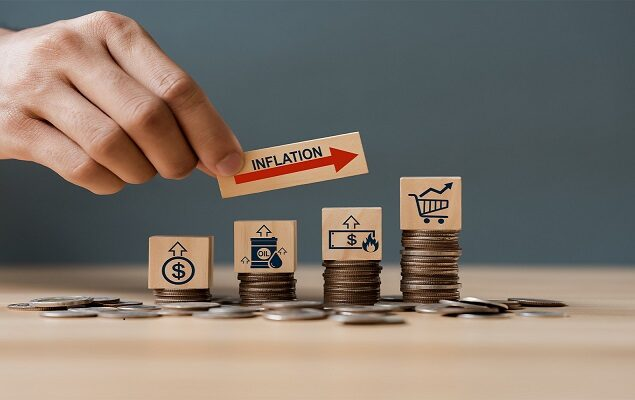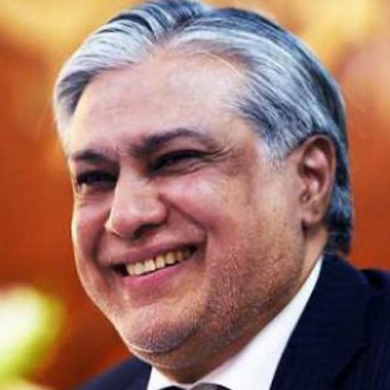The Sensitive Price Index (SPI) showed an unprecedented increase of 48.35% in weekly inflation on year-on-year (YoY) basis for the combined income group for the week ending May 4, said the date release by the Pakistan Bureau of Statistics (PBS) on Friday.
This marks a new record high for short-term inflation, surpassing the previous record of 47.23% for the week ending on April 19.
PBS data revealed that there was a week-on-week (WoW) increase of 1.05% in short-term inflation for the week ending May 4, attributed to a significant increase in the prices of chicken, potatoes, powdered milk, pulses, eggs, mutton, and bread. In addition, non-food items, including footwear and soaps, also became more expensive.
According to the Pakistan Bureau of Statistics (PBS), the Sensitive Price Index (SPI) tracks the prices of 51 essential commodities in 50 markets across 17 cities in Pakistan. The latest SPI data for the week ending May 4 showed that prices of 30 essential items increased, while nine decreased, and 12 remained unchanged.
Since August 2020, year-on-year SPI has been consistently rising and remained above 40%. It jumped to 42.31% on August 18, 2020, and rose to 45.5% on September 1, 2020, and further to 46.65% for the week ending March 22, 2021. The previous highest YoY inflation was recorded at 47.23% for the week ending April 19, 2021.
The latest data showed that YoY inflation has reached an unprecedented level of 48.35% as the prices of several essential food items, including chicken, potatoes, powdered milk, pulses, eggs, mutton, and bread, have significantly increased, as well as non-food items like footwear and soaps.
Moreover, the SPI has also mostly increased since the start of Ramazan because of record rupee devaluation, costly petrol prices, a hike in sales tax and higher electricity charges. One of the factors for the increase in prices of perishable products is due to the higher transportation charges.
The only tool the government has used so far to tame inflation was a steady increase in the interest rates which rose to 21pc — a record level in the country’s history.
In an effort to address the fiscal deficit, the government has implemented a series of strict measures under the International Monetary Fund (IMF) program, including increased fuel and power tariffs, the withdrawal of subsidies, a market-based exchange rate, and higher taxation. These measures are expected to generate revenue, but they may also result in slower economic growth and higher inflation in the coming months.
Despite these inflationary and austerity measures, the government has yet to receive the IMF program’s financial support. As a result, consumers may experience further increases in retail prices of consumer goods due to the recent increase in the State Bank of Pakistan (SBP) policy rate, the application of sales tax on most items, and the imposition of a 25% tax on over 800 imported food and non-food items.



